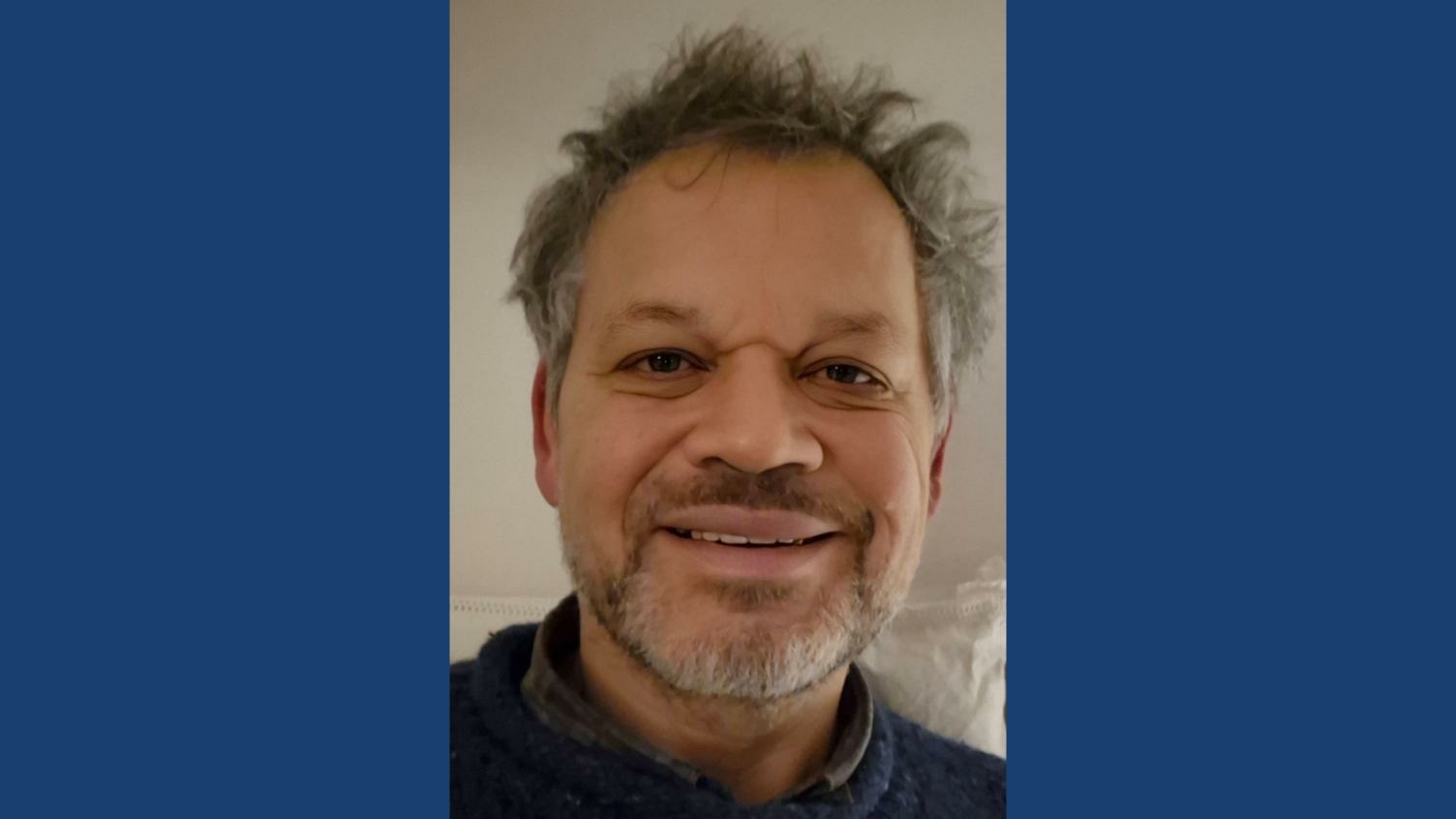My path in research on the NIHR LA SPARC scheme
- 31 October 2022
- 3 min read
In this blog, Dr Sara Karrar, Public Health Representative for CRN East of England, talks about her time on the NIHR's Local Authority Short Placement Award scheme for Research Collaboration (LA SPARC).
In this blog, Dr Sara Karrar, Public Health Representative for CRN East of England, talks about her time on the NIHR's Local Authority Short Placement Award scheme for Research Collaboration (LA SPARC).
Dr Sara Karrar is an Advanced Public Health Officer with Norfolk County Council and Public Health Representative for CRN East of England.
It was October 2021 when an email from our Director of Public Health arrived in my inbox with 'Local Authority' and 'Research Collaboration' in the title. It was a call to apply for the NIHR's Local Authority Short Placement Award for Research Collaboration (LA SPARC).
I've always had an interest in research and the COVID19 pandemic just further highlighted the importance of applied research. My day-to-day work gave me opportunities to collaborate with academic colleagues across our local university. LA SPARC offered the opportunity to be part of a research network and to use the knowledge and skills gained there in my own work in Norfolk public health. Through the placement I could pursue my interest in maternal obesity, looking at applying innovative methods to old problems which I believe would bring great value to my public health team and department.
My learning started from that first email. The process of application took me on a journey that tested my time management, networking skills, and ability to share clearly and coherently my interest and plan. Looking for an academic supervisor was challenging, especially if like me you didn't have a wide academic network to tap into. However, I was very fortunate to have a public health researcher within the department and a named NIHR research advisor to help me navigate this new world.
Through the numerous correspondences sent out to a variety of contacts and leads identified from their work published online, I was able to connect with key people and have since had useful information from them even though they are not officially my supervisors on this award. And last, but not least, the application process was a little project itself requiring coordination of the different parties.
I chose to spend my time learning and implementing Social Network Analysis in two communities in King's Lynn, Norfolk. I was already leading on a community engagement project in the areas focusing on maternal obesity. This was a great entry into the process of participant interviews leading on to analysis of their community connections.
My contact with supervisor Prof Fiona Poland at University of East Anglia (UEA) was regular and I was connected to the relevant NIHR Applied Research Collaboration (ARC) theme groups and wider networks. This was invaluable experience as I was exposed to different networks and researchers at different levels from PhD students to leading experts in their fields.
The support I received from my mentoring sessions helped me understand and hone my thinking and skills. Because I was working online, I was very much still plugged into the local authority team and was able to feedback to public health colleagues on my award work and vice versa. It built a synergy and gave me great satisfaction to apply my new skills and knowledge to work undertaken in the public health department. Being part of the university also opened new opportunities to access resources for instance, literature and academic conversations. I have started to build a network that I hope to be able to sustain past the award placement period.
My first-hand experience of applied research is evident in my work on community engagement in King's Lynn, complementing ongoing work and bringing a richness to understanding the population. I was able to think more critically about each project stage, however small, and ask pertinent questions on how to improve the process of community engagement. Embedding research in day-to-day work activities started to feel the norm rather than the exception, and I found that I could confidently promote the subject across different teams.
The placement has been enlightening and enjoyable. Through the LA SPARC I have had an introduction and the opportunity for an ongoing relationship with the different people and organisations that I have been introduced to.
Find out more about how the NIHR can help you along Your Path in Research.


